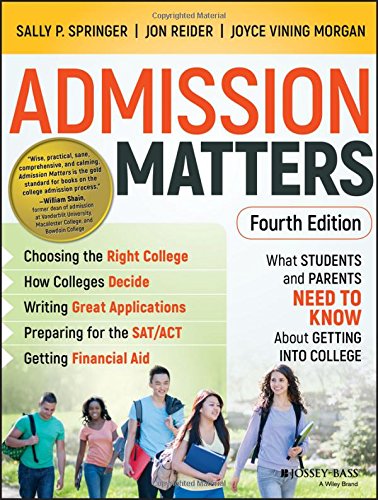Understanding the Consequences: What Does Defaulting on a Student Loan Mean?
#### What does defaulting on a student loan meanDefaulting on a student loan refers to the failure to make required payments on the loan for an extended per……
#### What does defaulting on a student loan mean
Defaulting on a student loan refers to the failure to make required payments on the loan for an extended period, typically 270 days for federal student loans. When a borrower defaults, they are considered to be in breach of the loan agreement, which can lead to severe financial repercussions and long-term consequences for their credit score and financial future.
#### The Implications of Defaulting on a Student Loan
When a borrower defaults on a student loan, it sets off a chain reaction of negative outcomes. The first and most immediate consequence is the impact on the borrower's credit score. A default can severely damage a credit rating, making it difficult to secure future loans, credit cards, or even housing. Lenders view defaulted loans as a significant risk, which can lead to higher interest rates or outright denial of credit applications.

Moreover, defaulting on a student loan can lead to aggressive collection efforts. Loan servicers may employ collection agencies to recover the owed amount, which can include additional fees and interest. In some cases, borrowers may have their wages garnished, meaning that a portion of their paycheck is automatically deducted to repay the loan. This can create a cycle of financial distress, making it even harder for borrowers to regain control of their finances.
#### Legal Ramifications and Loss of Benefits
In addition to financial penalties, defaulting on a student loan can have legal ramifications. For federal student loans, the government has the authority to take legal action to recover the debt. This can include intercepting tax refunds or Social Security benefits. Borrowers may also lose eligibility for deferment or forbearance options, which can provide temporary relief during financial hardship.
Furthermore, defaulting on a student loan can affect a borrower's ability to obtain professional licenses in certain fields. Many states require individuals to be in good standing with their student loans to qualify for licenses in professions such as teaching, nursing, and law. This can limit career opportunities and hinder professional advancement.

#### Options for Borrowers Facing Default
Fortunately, borrowers who are struggling to make payments do have options before reaching the point of default. It’s crucial to communicate with loan servicers as soon as financial difficulties arise. Many federal loans offer income-driven repayment plans that can adjust monthly payments based on the borrower’s income, making it more manageable.
If a borrower is already in default, there are still steps they can take to remedy the situation. The U.S. Department of Education offers a loan rehabilitation program, which allows borrowers to make a series of on-time payments to bring the loan back into good standing. Additionally, borrowers can consolidate their loans to combine multiple loans into a single payment, often with more favorable terms.
#### Conclusion

In summary, understanding what defaulting on a student loan means is vital for any borrower. The consequences can be severe, impacting credit scores, financial stability, and career opportunities. However, there are options available to avoid default and regain control over student loan debt. Proactive communication with loan servicers and exploring repayment options can help borrowers navigate their financial challenges and prevent the long-term repercussions of defaulting on a student loan.